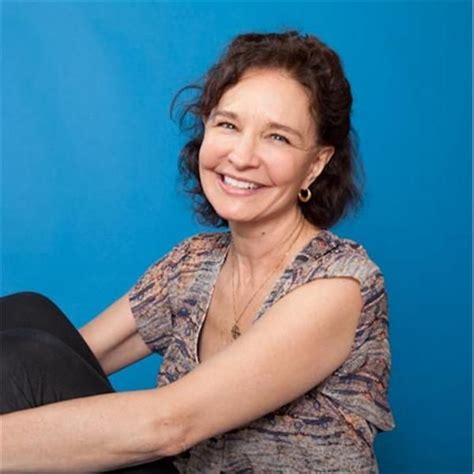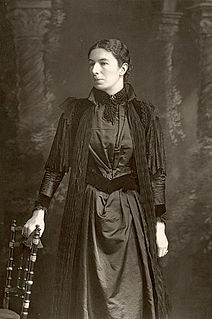A Quote by Madeleine de Souvre, marquise de Sable
In knowledge of human affairs, we should never allow our minds to be enslaved by others by subjecting ourselves to their whims. We must maintain freedom of thought, and never accept anything of purely human authority into our heads. When we are presented with a diversity of opinions, we must choose, if we can; if we cannot, we must remain in doubt.
Related Quotes
Most of all, we must never be deceived. We must never allow ourselves to think that anything in this world succeeds, fails, is given, taken, done, or undone without Allah. It is only by our connection to our Creator that we rise or fall in life, in our relationship with our world—and with all of humanity.
One of our troubles is we are not willing to humble ourselves. We are not willing to give up our opinions as to how things should be done. We want a revival to come just in our way. You never saw two revivals come just alike. We must let them come in God's way. People are ashamed to admit they need a revival. If you are not willing to take the shame on yourself, you then let it remain on Jesus Christ. You must bear the reproach of your sinful state of indifference, or the cause of our Master must bear it.
The future of nations cannot be frozen . . . cannot be foreseen. If we are going to accomplish anything in our time we must approach our problem in the knowledge that there is nothing rigid or immutable in human affairs. History is a story of growth, decay and change. If no provision, no allowance is made for change by peaceful means, it will come anyway - and with violence.
The lessons of religious toleration - a toleration which recognizes complete liberty of human thought, liberty of conscience - is one which, by precept and example, must be inculcated in the hearts and minds of all Americans if the institutions of our democracy are to be maintained and perpetuated. We must recognize the fundamental rights of man. There can be no true national life in our democracy unless we give unqualified recognition to freedom of religious worship and freedom of education.
The thoughts and opinions of one human being, if they are sincere, must always have an interest for some other human beings. The world is there to think about; and if we have lived, or are living, with any sort of energy, we must have thought about it, and about ourselves in relation to it - thought 'furiously' often. And it is out of the many 'thinkings' of many folk, strong or weak, dull or far-ranging, that thought itself grows.
Often God will send us what we need in a package we don't want. Why? To let us know He's God and we cannot second-guess Him. We cannot search for answers merely with our heads; we must seek Him and His provision with our hearts. Scripture cannot be interpreted from our limited human mental understanding. There must be a breath of the Spirit of God. He alone gives wise counsel and correct application.
































